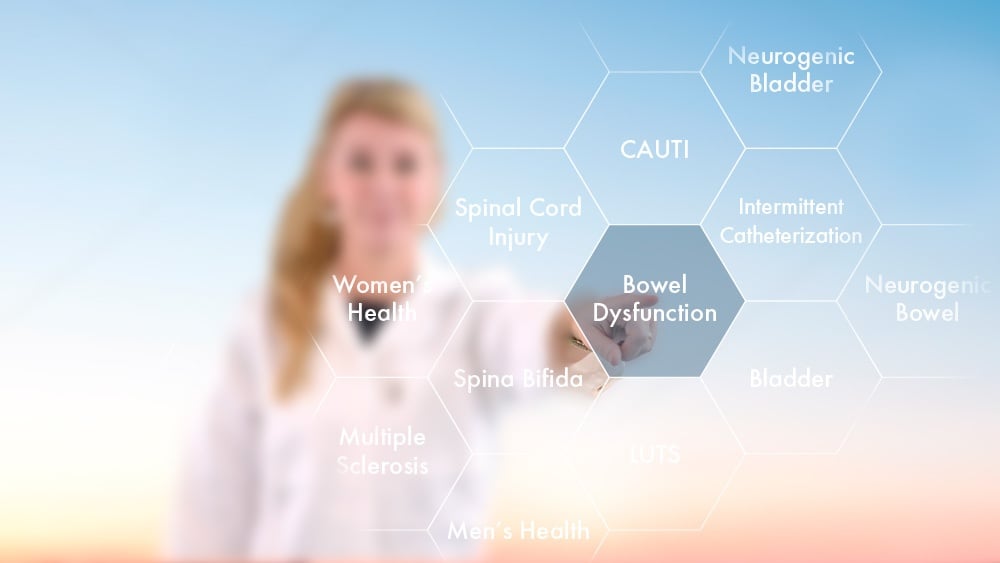Intermittent catheterization seems to be key to improving quality of life when living with a spinal cord injury. New research has confirmed that the therapy can increase the number of quality-adjusted life years (QALYs) by 93% and at the same time reduce urinary incontinence by 38%.
Read MoreTopics: Science Alert, Clean Intermittent Catheterization (CIC), Spinal Cord Injury (SCI)
Fecal incontinence (FI) is a debilitating condition with a significant health burden. Although it has great clinical relevance and a profound impact on quality of life, there is still not much known about how to effectively treat this condition. This may be due to the diversity of causes of fecal incontinence, but may also be due to the lack of clinical investigation into possible treatment therapies.
Read MoreTopics: Science Alert, Bowel management, Fecal incontinence
Catheter-associated urinary tract infection (CAUTI) is the most common healthcare-associated infection and it has major cost implications for health services. It is a highly researched field with several new studies published every month covering prevention strategies and interventions.
Read MoreTopics: Science Alert, Clean Intermittent Catheterization (CIC), Catheter-associated UTI (CAUTI)
Catheterization is a therapy form with a long history, and its use for instant relief of urinary retention is not disputed. The classic case of urinary retention is often seen among men with an enlarged prostate. Less known is the prevalence of urinary retention among women.
Read MoreTopics: Science Alert, Clean Intermittent Catheterization (CIC)
Available treatment options for bowel dysfunction vary depending on symptoms, but generally when starting therapy, a conservative approach is recommended. However, as one study shows, there is a reduction in bowel function over time in persons with neurogenic bowel disorders.
Read MoreTopics: Science Alert, Bowel management







